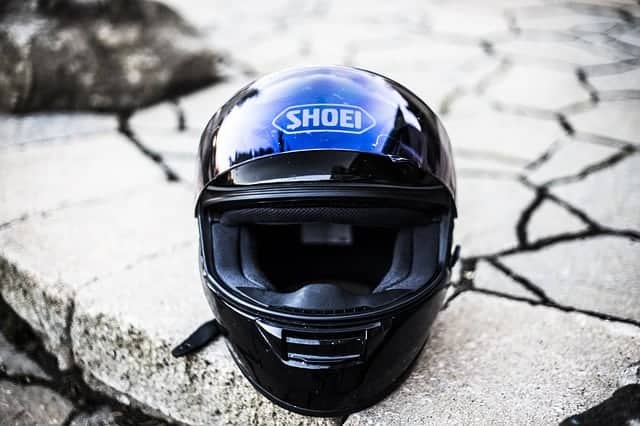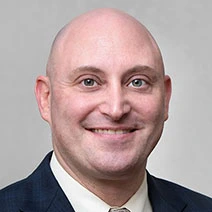Motorcycle Helmet Facts
A motorcycle helmet, also known as a skid lid or brain bucket is designed to do one thing. That one thing is to protect the brain from any kind of hematoma.

What is a hematoma? A hematoma is a localized mass of blood contained within an organ, tissue, or space that has escaped from an artery or vein. Because the brain is contained in the skull, a hemorrhage can’t escape which increases the pressure on the brain and can lead to brain damage or death if a large enough area of tissue is affected. A fall on the head from a height of six feet can prove to be fatal without a helmet; this would result in an impact speed of 13.4 mph!
The most effective way to get people to wear helmets is the universal helmet law. Universal helmet laws, which require that every motorcycle rider and passenger wear a helmet whenever they ride, can increase helmet use and save money, according to a new CDC study.
Motorcycle helmet use consistently has been shown to reduce motorcycle crash related injuries and deaths, and the most effective strategy to increase helmet use is enactment of universal helmet laws.
During 2008-2010, a total of 14,283 motorcyclists were killed in crashes, among whom 6,057 (42%) were not wearing a helmet. In the 20 states with a universal helmet law, 739 (12%) fatally injured motorcyclists were not wearing a helmet, compared with 4,814 motorcyclists (64%) in the 27 states with partial helmet laws and 504 (79%) motorcyclists in the three states without a helmet law, according to the CDC.
Here are some motorcycle helmet facts and tips:
- If your helmet was involved in a crash, it should be replaced because it might have absorbed some of the impact shock.
- If your helmet has been dropped, and you think it might be damaged; you should take advantage of the service from most manufactures to inspect and repair your helmet.
- Never store your helmet near excessive heat, or gasoline because this can cause a break down in the helmet materials.
- Never store your helmet near the hot engine or exhaust pipes because the inner lining can become distorted or even melt from the excessive heat. This may not be obvious to the exterior of the helmet.
- Read and follow all instructions on how to care for your helmet.
Most manufactures recommend replacing your helmet every two to four years. Why should you replace a perfectly good helmet? There could be wear and tear to the helmet that you cannot see, for example the outer shell could have damage that is not visible or the chin strap could be frayed and worn. If you feel that there is damage earlier than the two years or you have been involved in a crash or motorcycle accident, then your helmet should be replaced earlier.
Technology for helmets is constantly changing. This means that your new helmet will have better protection and might even be lighter than your old one. You are better off being safe than sorry!
If you have any questions about motorcycle safety, or the laws of riding a motorcycle in Texas, you should call the Texas Department of Public Safety.
If you have been injured in a motorcycle accident, you should call us or contact us today.


